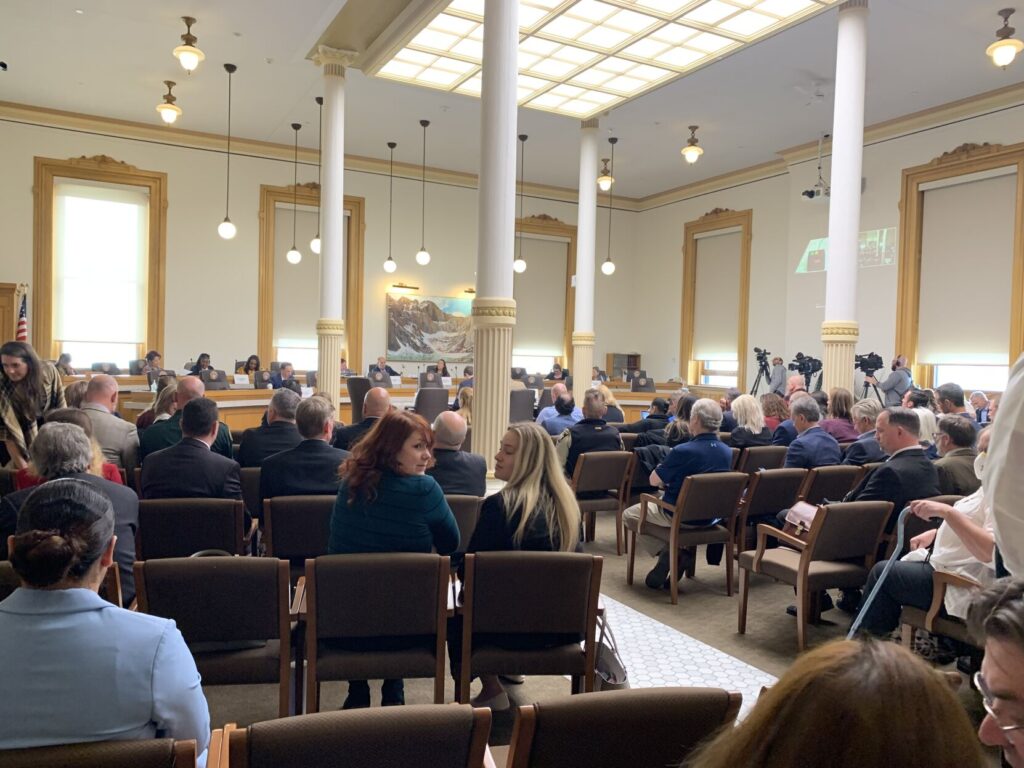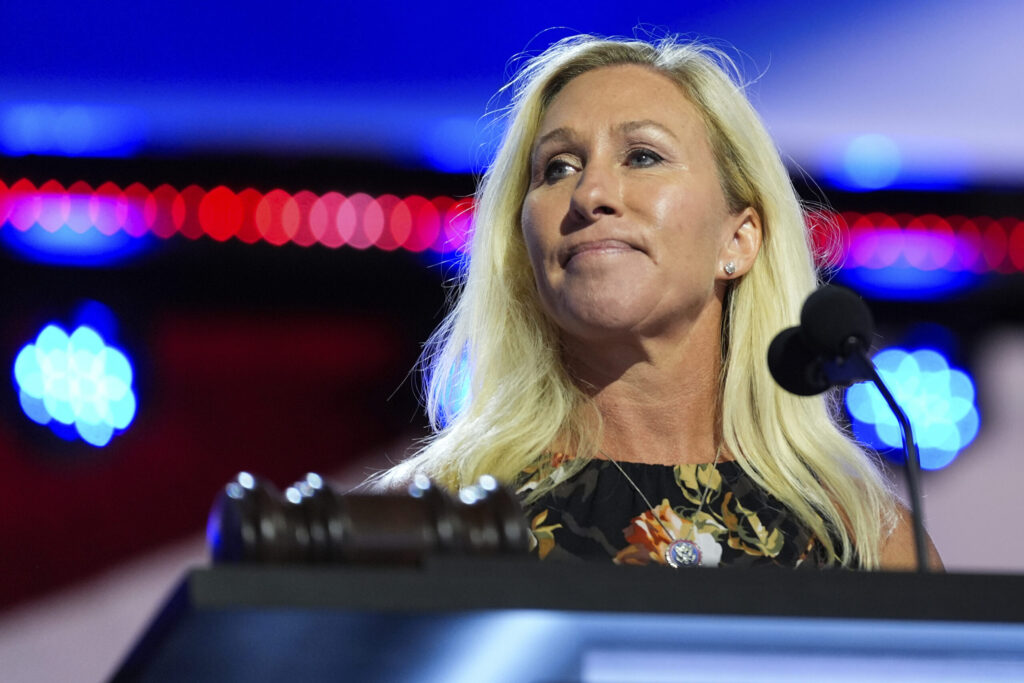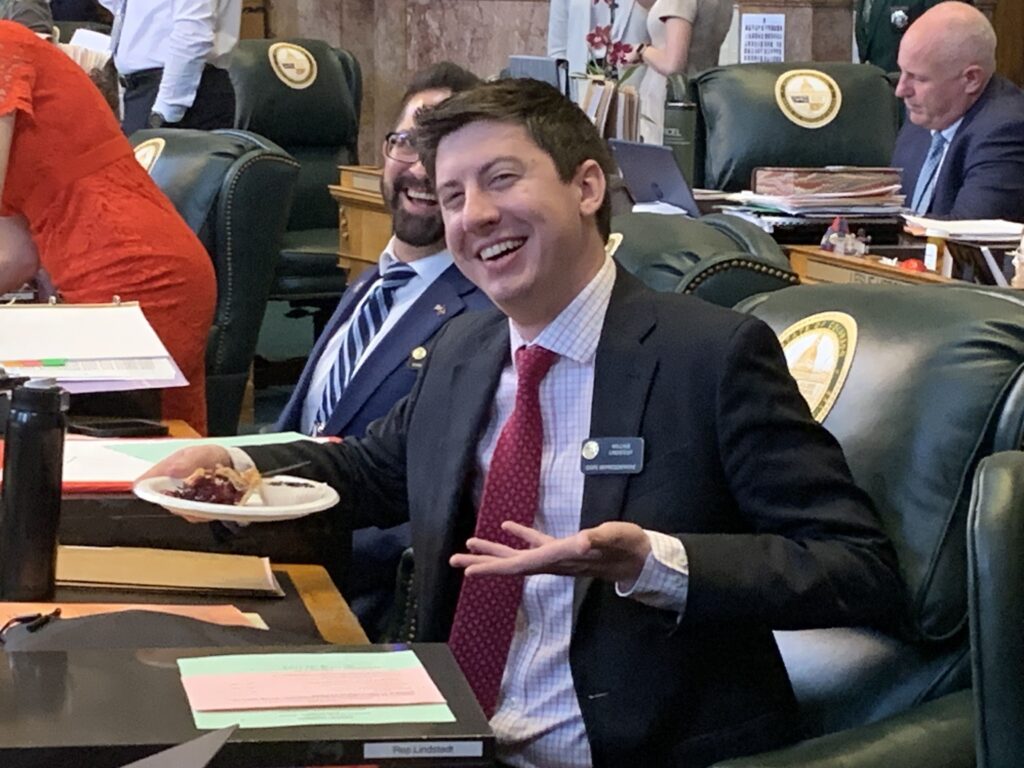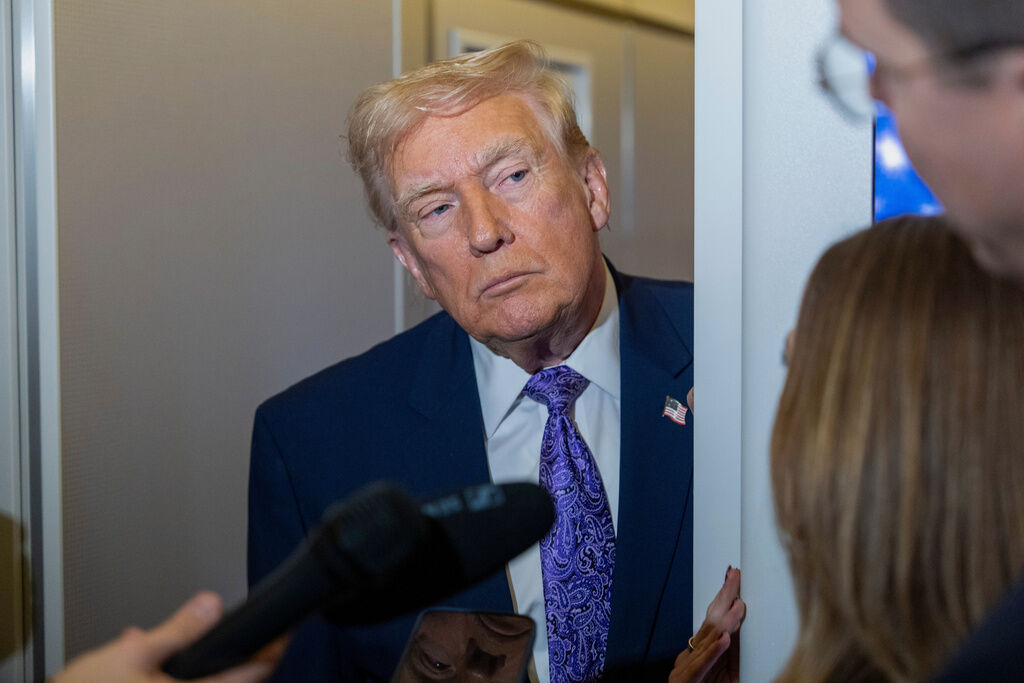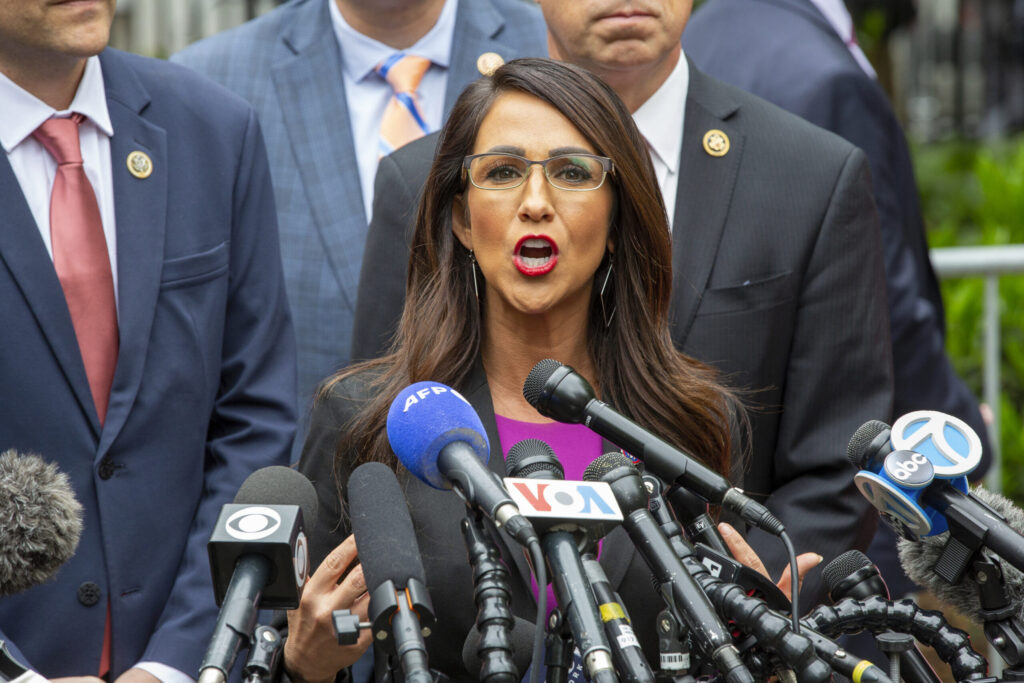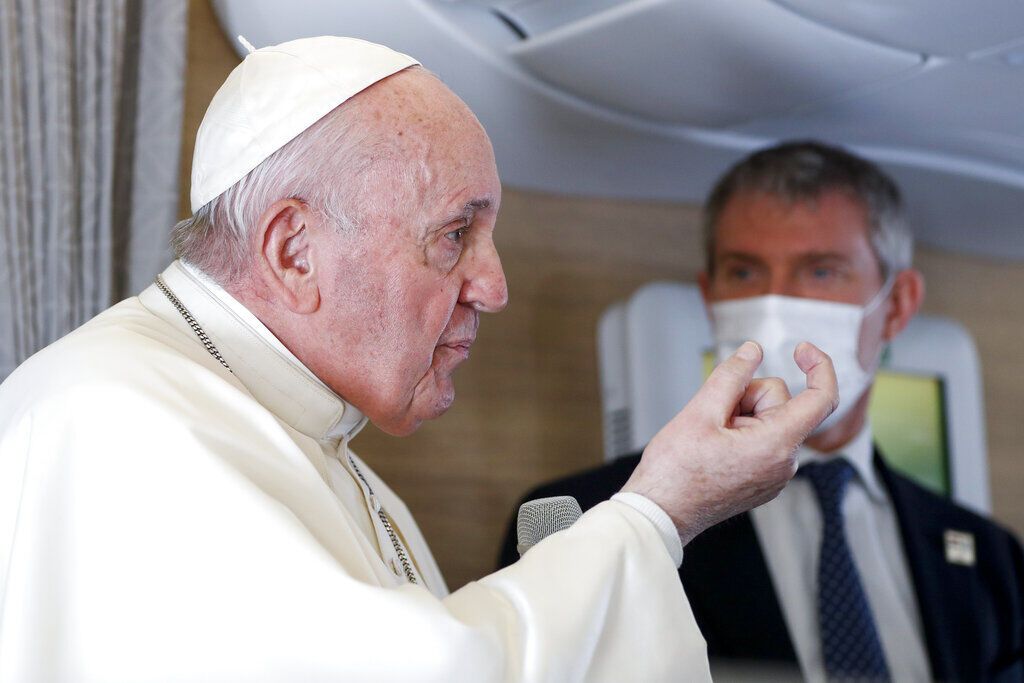Colorado’s open meetings law under fire as lawmakers defend it during required meeting
While it has been over nine months since Gov. Jared Polis signed a bill exempting the General Assembly from much of the state’s open meetings law, the angst over the lack of transparency resulting from the law is far from having cooled.
Even the Colorado Press Association, which had worked to make the bill less onerous, criticized the General Assembly in a hearing Monday on Senate Bill 24-157.
The law required legislative leadership to hold the hearing, which the governor signed on March 13, the first day of National Sunshine Week. This week is intended to highlight the importance of public records and open government.
The state’s open meetings law has been in place since 1972. It requires any state or local public body to conduct the public’s business in public and make public its meetings, which can be as few as two members of that body. Public notice must be given, and minutes must be taken.
However, lawmakers claimed the law impedes their ability to have open and sometimes frank conversations that they wouldn’t always want to be made public. It’s led to the use of electronic communications, such as text messages, disappearing messaging apps, and secret meetings that are not divulged to the public or the media. Meetings can be by phone, electronic, or other means of communication.
The legislation did three things:
• Created a definition of public business, which was not previously defined in state law. Under SB 157, matters that are interpersonal, administrative, logistical, or concerning personnel, planning, process, training, or operations are not considered public business.
• Established that for discussions of public business, such as legislation, a quorum of a committee or body would constitute a meeting that would have to be publicly announced and with minutes, but “serial” communications would not. In that situation, three committee members could talk to a bill sponsor, each separately, which would not be considered a public meeting.
• The third says any form of written communication, electronic or otherwise, that is exchanged by two or more members of the General Assembly is not subject to the open meeting law. Still, those records would be subject to the state’s open records law.
House Speaker Julie McCluskie of Dillon, one of the prime sponsors of SB 157, said she “remains committed to values around transparency and openness” and that she believed the legislature does as well. “We’re doing all we can to facilitate good communication and healthy debate,” she said.
In the wake of SB 157’s passage, a coalition of open government advocates has been discussing fixes to it. The coalition, dubbed “Team Transparency,” has drawn in people and groups from across the political spectrum, including Citizens for a Safe and Clean Denver, the League of Women Voters, the Colorado Freedom of Information Coalition, and the Independence Institute.
Nineteen people signed up to testify Monday, many from the coalition and all opposed to SB 157. Another 13 submitted written comments, also in opposition to SB 157 and its impacts on the legislature’s transparency.
“I’m watching you constantly on behalf of minorities and the poor,” said Missy Espinoza of Denver. “I don’t feel you’ve been transparent.”
Kevin Dale, executive editor of Colorado Public Radio, told the committee now is not the time to weaken either the state’s open meetings law or open records act, given the polarized era and the lack of trust in institutions such as government or the media.
The public deserves to understand the inner workings of the legislature, and the press needs to have access to not just the public votes but also how lawmakers reach those decisions.
SB 157 “weakens that ability and makes it easier for those discussions to happen in private,” he said.
The Colorado Freedom of Information Coalition, the state’s watchdog on governmental transparency, was excluded from crafting SB 157. Executive Director Jeff Roberts reminded lawmakers that the law states that public policy formation may not be conducted in secret.
But that happened in August, before the special session on property taxes, when lawmakers used SB 157 to keep the public from knowing how they were crafting the legislation that came out of that session.
As reported by the Colorado Sun, Democrats in the House and Senate held two caucus meetings to discuss the upcoming special session, meetings that were closed to both the Colorado Sun and the Denver Post.
Roberts said lawmakers were given copies of the proposed legislation during those caucus meetings. “How could legislative meetings on a topic like property taxes not fit public business?” he asked.
This fosters mistrust and suspicion, Roberts told the committee. “While it may let lawmakers work more efficiently, the public may be less trustful and supportive of the outcome if they’re not included.” Using disappearing messaging apps and lacking guardrails around emails allows public business to be hidden from public view, he added.
Roberts noted that the coalition is considering both a legislative solution and the potential for a constitutional amendment.
“In order for us to evaluate you when you do your job, we need information,” said Cory Gaines of Logan County. Blocking certain kinds of information hampers citizens’ ability to do their jobs.
He alleged multiple attempts have been made to hide what happens in the Capitol from ordinary citizens. “Transparency is not what I would use to describe what happens in this Capitol,” Gaines said.
He called SB 157 “the crowning turd” on a pile that included secrecy around quadratic voting and disappearing text messages.
He agreed with Roberts that the law makes work more efficient, but “I question whether efficiency is the target you ought to be aim for. And I think that we deserve better than we’ve gotten thus far.”
McCluskie defended the access granted to the media by the legislature, allowing reporters on the floor and holding media avails. She asked Dale what more they could do.
Dale responded that this law is not just for the media. It hurts the public, too. “We need to understand how decisions are made.”
That also led to a conversation about a failed bill in the 2024 session on the open records law, which included a records retention policy of just 60 days. Dale advocated for retention that lasts the entire time someone is in office.
McCluskie also defended the caucus meetings, noting that those meetings included conversations around ballot measures that are not part of public business. But in the wake of the criticism, “we have taken it upon ourselves to post meetings where we have been talking about policy,” she said, even when no bills were introduced.
However, Roberts noted there were no recordings or minutes of those meetings. “I do think it leaves more questions than answers for people,” he said.
Valdamar Archuleta, who ran for Congress in 2024, said he did not believe the lawmakers’ intent with SB 157 was “nefarious. But you need to consider how it looks to the public.” He acknowledged the need to modernize laws but said this legislation discourages people and leads them to believe that government is corrupt.
The League of Women Voters also testified strongly against SB 157 during the 2024 session and now advocates for its repeal.
Andrea Wilkins said the law allows legislators to be less transparent, keeping them out of the public’s and voters’ view.
“We do not support expediency at the expense of transparency,” Wilkins said.
Beth Hendrix, the League’s Colorado executive director, pointed out the flaw in moving written communications, including electronic messaging, to the Open Records Act. “It’s difficult to make a CORA request when you don’t know what’s going on.”
The Colorado Press Association was among only two organizations allowed to provide input on the bill during the legislative process.
However, they also acknowledged the problems the law created during the summer.
CPA’s Tim Regan-Porter told the committee they had “serious concerns” about how these changes played out and that CPA was also concerned about the potential for abuse. “We were assured this was not the intent, but reporters were excluded from meetings,” he said.
Regan-Porter said the legislature should, at minimum, amend the law and reaffirm its commitment to government transparency. “These practices erode trust,” he added.
Another area that lawmakers have failed to address is live streaming of committee meetings, despite at least four years of having the technology in place to do it, according to Bart Miller, chair of the board of the Colorado Channel Authority.
The Authority broadcasts the proceedings of the House and Senate but only for floor work. Cameras are in committee rooms, and witnesses have been able to testify remotely since before the pandemic.
He told the committee that legislative audio in the committee rooms is antiquated and of poor quality. The authority’s board has written to the legislature yearly to prioritize video streaming, which the executive committee must approve.
Not once since 2016, when they started asking if they had ever gotten a response, Miller said.
He said Colorado is one of only two states that does not live-stream its committee meetings. “The resources are already there.”
The estimated cost, likely for a part-time legislative council staffer, is about $28,000.
“Seeking to grow government in order to hold government accountable may or may not be beneficial,” said Senate Minority Leader Paul Lundeen of Monument.
Linda Hutchinson of the League of Women Voters outlined the problems resulting from SB 157. It did not consider unintended consequences that she said are detrimental to democracy. The legislation lacked safeguards against serial “or daisy chain” meetings among legislators. And while it was intended only for the General Assembly, those changes could be sought by other governmental bodies.
Hutchinson said the public is left to speculate based on incomplete or inaccurate information, which results in misinformation. The law allowed the General Assembly to discuss what might have been public business without public scrutiny. “That is nothing less than a reduction in transparency when compared to the Colorado Open Meetings law” before SB 157.
“Would you even be holding this meeting if it weren’t required by law? I doubt it,” said Valerie Leal of Denver, calling the hearing “performative theater.”
The committee did not take any action and offered little comment on the witnesses’ chastising of the legislature over the law.
Lundeen, who noted he was a “no” vote on the bill, said lawmakers have to find out how to do the public’s business in front of the public in a way that still preserves the fact that creating legislation is very relational” and sometimes leads people to say “stupid” things or change positions.
The law passed with no Republican votes and six “no” votes from House Democrats.
There were also concerns about the hearing itself, scheduled during the holidays and on a day when some witnesses said most people could not come to the Capitol. The legislation requires a hearing by Dec. 31; two more are required at the end of 2025 and 2026.



